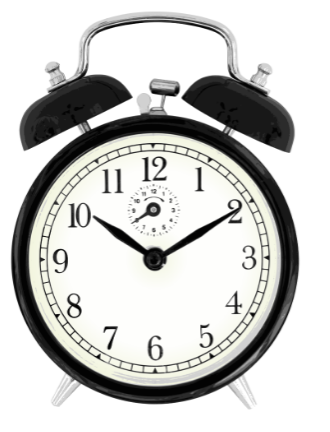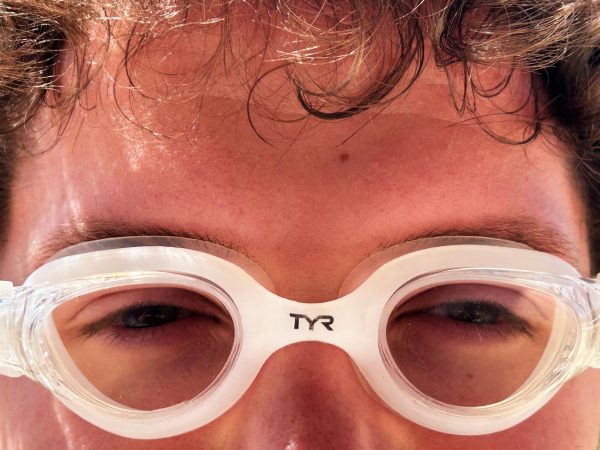Young and Sleep Deprived
Many factors impact the amount of sleep high schoolers get

January 5, 2017
After many hours of unrelenting school demands, many students finally fall asleep only getting 4 to 6 hours of sleep.
The next morning, many students struggle to stay awake during school. They are unable to focus on what’s being taught and their minds drift.
According to a poll by the National Sleep Foundation, 87 percent of teens in the United States get less than the recommended amount of sleep. This number will continue to increase.
Social and cultural factors, as well as technology, is a big influence in the amount of sleep teens get.
“I go to bed around 2 in the morning, because I’m up on my phone. If I wasn’t distracted by my phone, then I would probably go to bed a lot earlier,” sophomore Abby Meyer said.
Technology isn’t the only factor that plays into the amount of sleep high schoolers get.
“I have sports and usually a lot of homework so I go to bed at 11,” sophomore Edward McSpadden said.
Many high schoolers spend hours upon hours working on homework, especially kids that are in AP classes. The maximum amount of homework high schoolers should have, according to Craig Canapari, is three hours.
However, many students have extra curricular activities after school and some even have to go to work.
Teachers and the school nurse Ms. Donaldson also notice that especially in the morning, kids are checked out and they are not getting enough sleep at night.
“Eight hours of sleep is a good amount of sleep for teens to get,” says Ms. Donaldson said. “However, it’s really hard with high schoolers’ schedules. Students have homework, sports, and work. I always say that sleep is the best medicine.”
As a result from not getting enough sleep can result in mood and behavior changes. It may also affect driving abilities.
It can cause students to become drowsy while driving, which can lead to car crashes.
Lack of sleep impacts school performances. If you have a test on Thursday and you only get three hours of sleep Wednesday night, it can impact your test score the next day dramatically. If you were to get seven or eight hours of sleep, then you would most likely get a better score on your test.
In order to help with the amount of sleep teens get, there are a few things you need to keep in mind.
Maintain a regular sleep schedule so you go to bed and wake up around the same time every day.
Avoid oversleeping on the weekends. As hard as it is, oversleeping on the weekends will make it harder to wake up early for school.
Avoid caffeine, smoking, alcohol, and drugs.
One of the biggest influences is technology. Turning off all your electronics one hour before you go to bed will help you go to sleep faster.
Getting enough sleep is a challenge but it’s definitely possible.

















